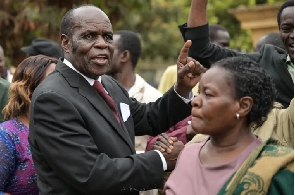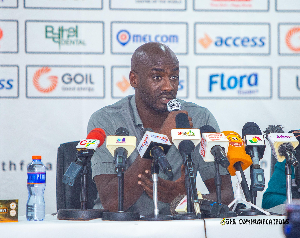A Kenyan court has acquitted a controversial self-styled preacher who claimed he could help infertile couples conceive “miracle babies” through prayer, citing insufficient evidence from prosecutors.
Senior Principal Magistrate Robison Ondieki of the Milimani high court found Gilbert Deya not guilty, ruling on Monday that the prosecution had not produced enough evidence to link the 86-year-old to the charges.
Deya, a former stonemason who moved to London from Kenya as a popular televangelist in the mid-90s, was accused of stealing five children between 1999 and 2004 to buttress his claims.
“The prosecution, having failed to establish circumstantial evidence, I acquit the accused under section 215 of the Criminal Procedure Court [CPC],” Ondieki said.
“We are extremely happy because it portrays the right position in law and portrays that we can still get justice within our law, and justice shall be our shield and defender,” John Swaka, Deya’s lawyer, told Al Jazeera. “We are happy because it is a case that has dragged on in the courts for quite a while and finally the truth has come out.”
The prosecution declined to answer questions from Al Jazeera on the case.
The preacher, whose Gilbert Deya Ministries had churches in London, Birmingham, Nottingham, Liverpool and Manchester, was extradited from Britain to Kenya in 2017 following a decade-long legal battle to remain in the United Kingdom.
Deya who claims he was ordained as an archbishop by the United Evangelical Churches of America in 1992 – and his wife Mary claimed their prayers could make infertile and postmenopausal women become pregnant in four months and without intercourse.
However, prosecutors said the “miracle babies” were stolen, mainly from Nairobi’s poor neighbourhoods. They presented 26 witnesses before the courts.
Deya’s claims first came to light in a 2004 case, when a British coroner found that a baby called Sarah, who had died aged three weeks, was not related to either of her supposed parents.
Africa News of Monday, 17 July 2023
Source: aljazeera.com

















